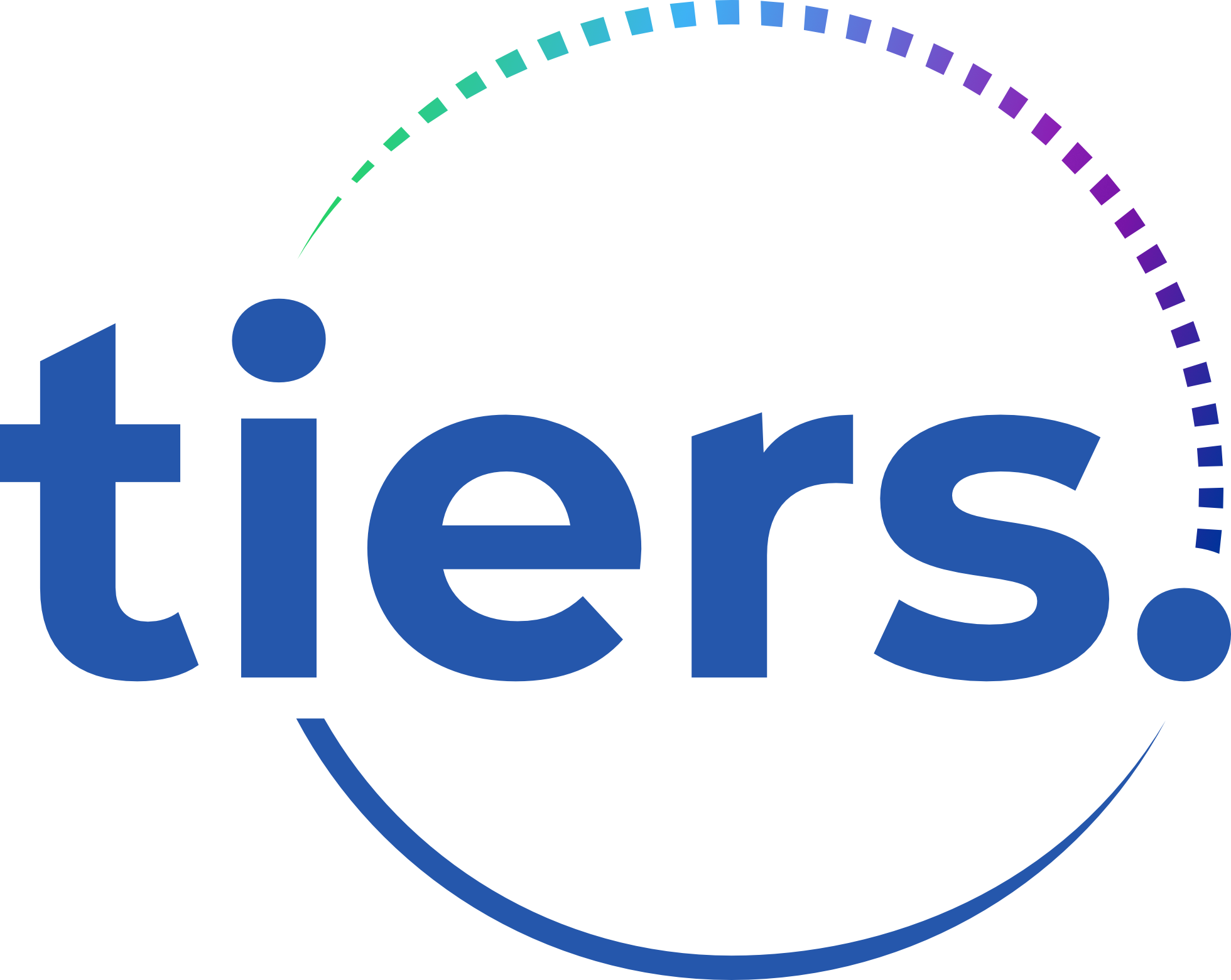If you are considering taking an online course, this article might be just the resource you need. We’ll explore some vital aspects you should consider before starting your e-learning journey and the different levels of courses available. We’ll introduce you to some excellent online platforms you can access from your home.
“In the middle of difficulty lies opportunity.” – Albert Einstein
Factors to Consider Before Choosing an Online Course
Online learning offers numerous benefits, from convenience to flexibility, and makes education accessible for everyone, regardless of location. However, not all online courses are created equal. Before you dive into the rapidly expanding world of digital learning, there are several factors you should consider to ensure that the online course you choose aligns with your learning needs and career objectives.
Evaluate Your Learning Goals and Objectives
The first step to choosing the right online course is understanding what you hope to achieve by taking it. Are you aiming for career advancement, adding a new skill, or learning something out of curiosity? Your overall learning goals will guide you in selecting the best course for your educational needs.
Research Accreditation and Recognition
Not all online courses have a certification that regulators and potential employers recognise. Ensure that the online course you select is accredited and its certification is recognised within your industry. This helps to ensure the value and credibility of your learning efforts.
Assess the Course Content and Curriculum
Consider the depth and breadth of the course content. A good course should cover all the key areas of the subject and provide comprehensive knowledge. Look at the course outline or syllabus to understand what you’ll learn and whether it aligns with your learning goals.
Check for Teacher Qualifications and Support
Just like in traditional classroom settings, the qualifications of instructors matter in online courses. You want to ensure that your instructor possesses subject expertise and experience in online teaching. Additionally, ensure the course offers student support services like tutoring or online forums where you can ask questions and discuss topics.
Consider the Learning Format and Flexibility
Understand the format of the course. Some courses are self-paced, meaning you can progress at your speed, while others follow a specific schedule. Consider your time availability and how the course’s format suits your lifestyle and learning habits.
By factoring in these aspects, you’ll find a course that interests you and truly benefits your education and career path. Remember, the ideal online course should align with your learning goals, be accredited, have comprehensive course content, have qualified instructors, and offer a flexible learning format that suits your lifestyle.
Different Levels of Online Courses
When considering online courses, it’s important to note that they come in all shapes and sizes, from beginner-friendly course structures to full-degree programs to introduce a new topic. Here’s an overview of the different levels you’re likely to encounter in your search:
Basic Level Courses
These courses are an excellent starting point if you’re new to a subject or want to brush up on your foundational knowledge. Basic-level courses typically don’t require prior experience or knowledge within the discipline. They serve as building blocks for more advanced studies.
Intermediate Level Courses
Once you fully grasp the basics, you should delve deeper into a subject. That’s where intermediate-level courses come in. These courses introduce more complex concepts and usually build upon the knowledge gained in basic-level courses. They’re ideal for learners looking to take their skills to a higher level.
Advanced Level Courses
At the advanced level, the courses are aimed at students who already understand the topic. These courses often involve detailed discussions, high-level concepts, and in-depth analyses. They could also apply project-based assignments to give you practical experience.
Undergraduate Degree Programs
If you’re after more than just learning a new skill or subject and are instead seeking a recognised qualification, then an online undergraduate degree program could be for you. These comprehensive programs cover a wide range of topics in depth. While they demand a bigger commitment in time and money, they also offer significant returns by opening up new career possibilities.
Master’s Degree Programs
For those aiming for the apex of education, online Master’s degree programs are available. These courses offer specialised knowledge and skills that are recognised globally. They require previous completion of an undergraduate degree and might even need prior work experience in some cases. They demand a high level of commitment and rigorous study. Still, they also offer a substantial reward for career progression and salary increases.
No matter what level of study you’re focused on, there’s likely an online course that can help you progress. Next, we’ll dive into some top online teaching platforms that cater to Kenyan learners.
Top Online Teaching Platforms for Learners
With the exponential rise of digital technologies, numerous online teaching platforms have emerged, revolutionising the Kenyan educational landscape. Students can now access education from global educators at their convenience without compromising on the quality of education. Below, we explore some of the top online teaching platforms.
Coursera
Coursera is navigable and user-friendly, offering a variety of accredited courses from world-leading universities and institutes. It provides courses ranging from short skill-based courses to full degree programs. The platform’s partnership with institutions like the University of Michigan and Stanford allows Kenyan learners to gain globally recognised qualifications right from the comfort of their homes.
Udemy
Udemy is a prolific online teaching platform serving over 40 million students worldwide, Kenyans included. It offers over 150,000 courses covering various subjects such as IT, language, entrepreneurship, photography, etc. Udemy’s courses can be bought for life, allowing learners to learn at their own pace and revisit course materials anytime.
Khan Academy
Exemplary for its quality free offerings, Khan Academy presents an excellent learning platform, especially for basic to intermediate-level learners. It features various academic subjects with interactive exercises and progress tracking. Furthermore, it provides valuable resources for major standardised tests, ensuring Kenyan students can comprehensively prepare for these examinations.
edX
Funded by Harvard and MIT, edX offers an extensive range of the highest-quality courses from globally renowned institutions. For Kenyan learners looking for academically rigorous programs, including MicroMasters and online Master’s degrees, edX is a top choice. The platform provides a blend of free and paid courses, allowing access to course materials but charging a fee for certification.
LinkedIn Learning
LinkedIn Learning (formerly Lynda.com) is a valuable platform for working professionals or those looking to advance their careers. Its broad range of course subjects is designed to enhance job-related skills and productivity techniques. Every course completed rewards Kenyan learners with a certificate that can be showcased on their LinkedIn profile, enhancing their career prospects.
These platforms offer many opportunities for Kenyan learners to advance their education and elevate their careers. Take the time to explore and find the online learning environment tailored to your needs.
Conclusion: Embracing Online Education for a Brighter Future
Online learning is a modern, flexible approach to education. It provides a broad spectrum of knowledge, from basic courses to advanced degrees, accessible globally.
When choosing an online course, research and ensure it fits your learning goals. The course should be accredited, with a curriculum matching your objectives, qualified instructors, and student support. Online education’s flexibility allows you to learn at your own pace.
Online platforms like Coursera, Udemy, Khan Academy, edX, and LinkedIn Learning offer a variety of top-quality courses from global institutions. This allows limitless access to education and expertise.
As technology further transforms learning, online education will continue to innovate and democratise knowledge. It’s a great investment for personal and professional growth. Embrace the opportunities that online education brings.
Get informed on how to do more with your money.




